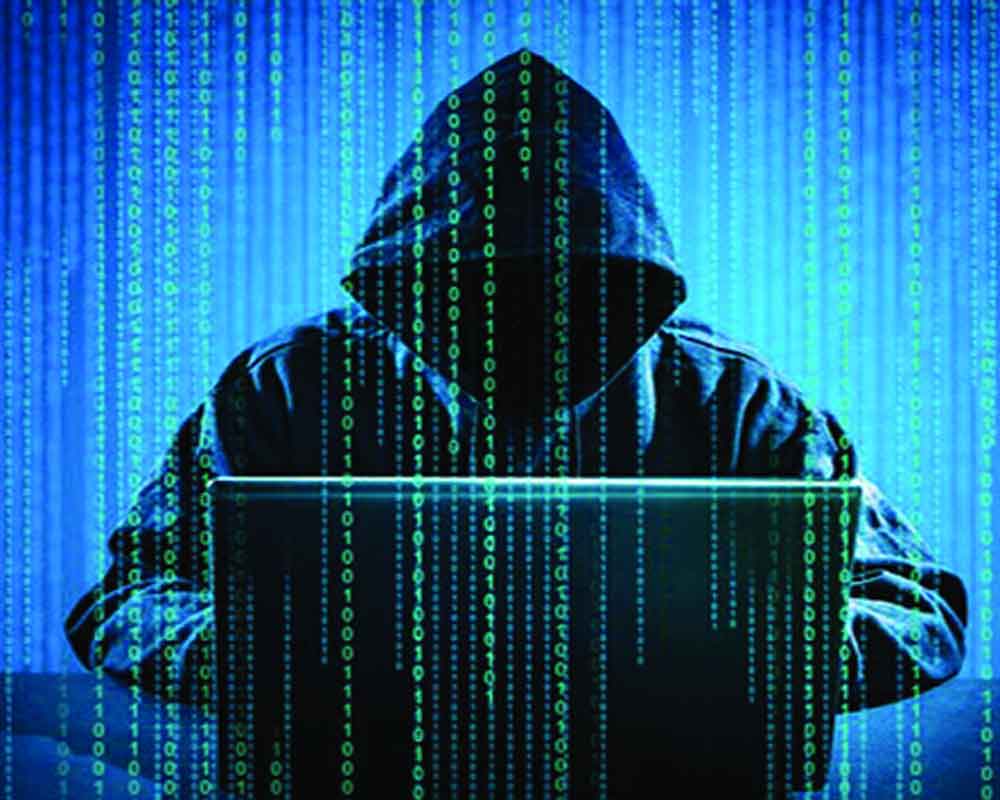Cyberspace must be protected from authoritarian rulers
The joint declaration issued by a group of 60 western countries to protect the internet from the restriction of any authoritarian regime is a welcome step at a time when cyberspace remains the only platform for dissemination of news in case of a crackdown on the media. The initiative is headed by the USA and backed by countries such as Australia, New Zealand, and Japan as well as members of the European Union. The declaration has rightly said that the internet must remain open, protect the human rights of all people, and should not be used to further digital authoritarianism. They have also called for efforts to ensure “the use of digital technologies reinforces, not weakens, democracy and respect for human rights”, offers “opportunities for innovation”, and helps societies connect. The need to free the internet from authoritarians misuse is being felt because of growing tendencies among some rulers to restrict or shut down it completely to stop the flow of information. In most cases, the argument advances for imposing such restrictions are concerns for national security or law and order situation. But it is well known that authoritarian regimes use the ruse of national security and law and order to gag the voice of dissent and terrorize the masses. Of course, the state must have the power to take penal action against person or group who uses the internet to execute a terror or criminal design. But the possibility of such misuse cannot be used as an excuse to deprive the common user of his right to venture into cyberspace at any point in time.
A senior US official has been quoted as saying, “We have seen a trend of rising digital authoritarianism, where some states have been acting to repress freedom of expression, to censor independent news sources, to interfere with elections, promote disinformation around the world, and deny their citizens other human rights.” While pointing out Russia’s “internet censorship, the official said Moscow is not alone but there is a dangerous new model of Internet policy along with the People’s Republic of China and some of the other most censorial states in the world. Interestingly, India, which imposed the maximum number of internet shutdowns in 2021, did not sign the decollation that asked nations to refrain from “internet shutdowns or degrading domestic Internet access, either entirely or partially” and not misuse or abuse “the Internet or algorithmic tools or techniques for unlawful surveillance, oppression, and repression that do not align with international human rights principles, including developing social scorecards or other mechanisms of domestic social control or pre-crime detention and arrest”. The declaration comes in the wake of reports put out by the internet advocacy group Access Now showing the rise in the number of instances worldwide of forced internet shutdown by countries in 2021 compared to the year before. India remained the world’s biggest offender for the fourth straight year, the report said, even though the cases of shutdown in the country come down. It’s time when the world takes a step to protect the freedom of people, at least in cyberspace!


























